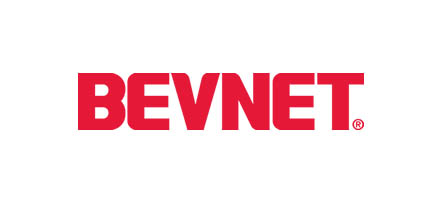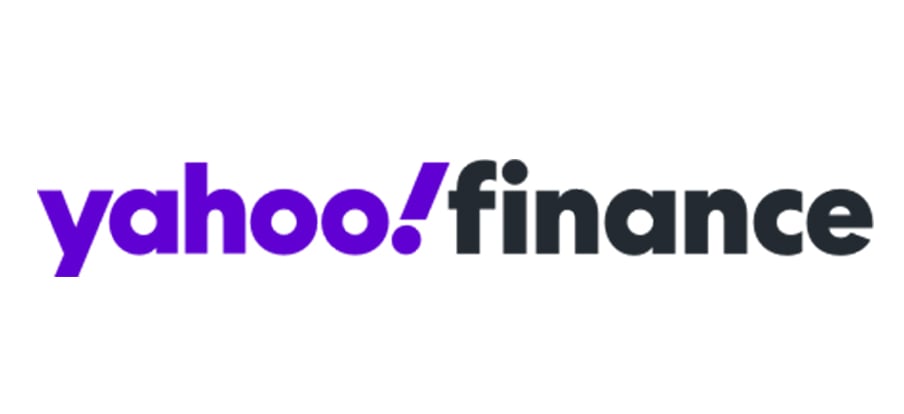
For the past decade, Dubai-based Koita Foods has sought to modernize the plant-based beverage aisle in the Middle East with its line of non-dairy milk alternatives. Now launching in the U.S., the brand is hoping to make its name known in the crowded dairy alternative category.
Launched in 2016 by CEO Mustafa Koita, an American expat and a former tech and defense industry professional who’s held roles at Boeing and L-1 Identity Solutions, Koita Foods produces a variety of plant milks and organic lactose-free dairy milks.
Available in 10 countries – including the United Arab Emirates (UAE), Saudi Arabia, Qatar, Singapore and Vietnam – Koita compared the brand’s large, 24 SKU Asian portfolio to brands like Califia Farms and Elmhurst, which he said helped inspire him to create the company.
“In food business, which I had a passion for, everything that was working in the West usually came to the Middle East a couple years later,” Koita said. “So there was a three or four year lag sometimes – Dubai a little bit less, Saudi a little bit more, and a lot of expat Americans were noticing that “Hey, I love this healthy food and in the summers (while visiting the U.S.) I’m at Whole Foods or Sprouts, but it’s not in Dubai, or it’s not in Singapore, or it’s not in Saudi Arabia. And that was sort of the lightbulb moment”.
Koita Foods launched in the U.S. last year and is currently available online through Amazon and in retail via 380 Sprouts stores, The brand has also partnered with UNFI and KeHE to deepen its domestic business. Koita said he is employing an “inch wide, mile deep” approach to building the U.S. business via the natural channel and is selective in which retailers he partners with; “We’re not competing for Costco, and we’re not going for private label or for $3 milks”, he said.
For the American business, Koita Foods is only launching its shelf-stable plant-based line for now, which features Almond, Coconut, Oat Barista, Rice and Almond Coconut flavores.
While the plant-based milk category has grown dramatically over the past decade – retail dollar sales of plant-based milks were up 7.4% to 2.33 billion in the 52-weeks ending October 2, according to IRI – growth on the dry shelf has been slower. Shelf-stable almond milks declined -0.6% in the same period, compared to +0.6% growth for refrigerated almond milk.
Although the shelf-stable set has seen some recent innovations, Koita said he sees a large white space to disrupt the set with a premium product.
With the exception of the coconuts, all the milks are made with ingredients sourced from Italy – which Koita suggested “has the best soil in the world” – and are manufactured in that country. While he acknowledged that producing in Europe and shipping overseas is expensive, Koita said that leaning into the Italian flag helped generate consumer interest in the brand’s first years on the market and he intends to maintain that connection with the U.S. products. However, as Koita Foods scales, he said the company has room to pivot and he is open to exploring additional options, including importing Italian ingredients but producing locally, or expanding the supplier base to other countries.
“Year One I leaned on the Italian flag a lot as a brand”, he said. “Now we’re known as the Elmhurst of Dubai. So we built up a reputation and trust with the consumer, and we can lean off the flag a little bit and lean more on the brand, which is really cool”.
Another key differentiator, he said, is that Koita Foods’ milks are all halal certified, which could help establish a large Muslim consumer base.
The brand is also open to launching in food service, but Koita said he is again wary of spreading the business too thin and has taken a selective approach to restaurant partners; for example, the brand is sold in cafes at some Four Seasons resorts, but a more aggressive cafe expansion will come further in the future.
Koita Foods has 30 full time employees and has been financially bootstrapped to date – Koita invested $360,000 of his own money to start the company. He said he is not currently seeking outside investors and instead hopes to grow it as a family-owned business. While he’s hoping to increase the pace of growth over the next year.
“What I noticed in the U.S. is there’s a lot of brands that get, like, $15 million in VC funding and they pitch tech growth multiples, and I just don’t think that’s the right away to do it. I think you’ve got to have a mix – you need the capital and you need to invest in the right way. But you need to grow at a natural pace. I’m not saying you grow slow, but you don’t want to be growing 1,000%.”
Looking ahead, Koita said he eventually plans to move back to America and relocate the brand’s headquarter in the U.S., although that may be several years down the road.
“I think our real core competency is our business engine. I’ve got a platform now and a proven capability in this engine. So we’re excited about the U.S., we’re gonna make it happen.”


